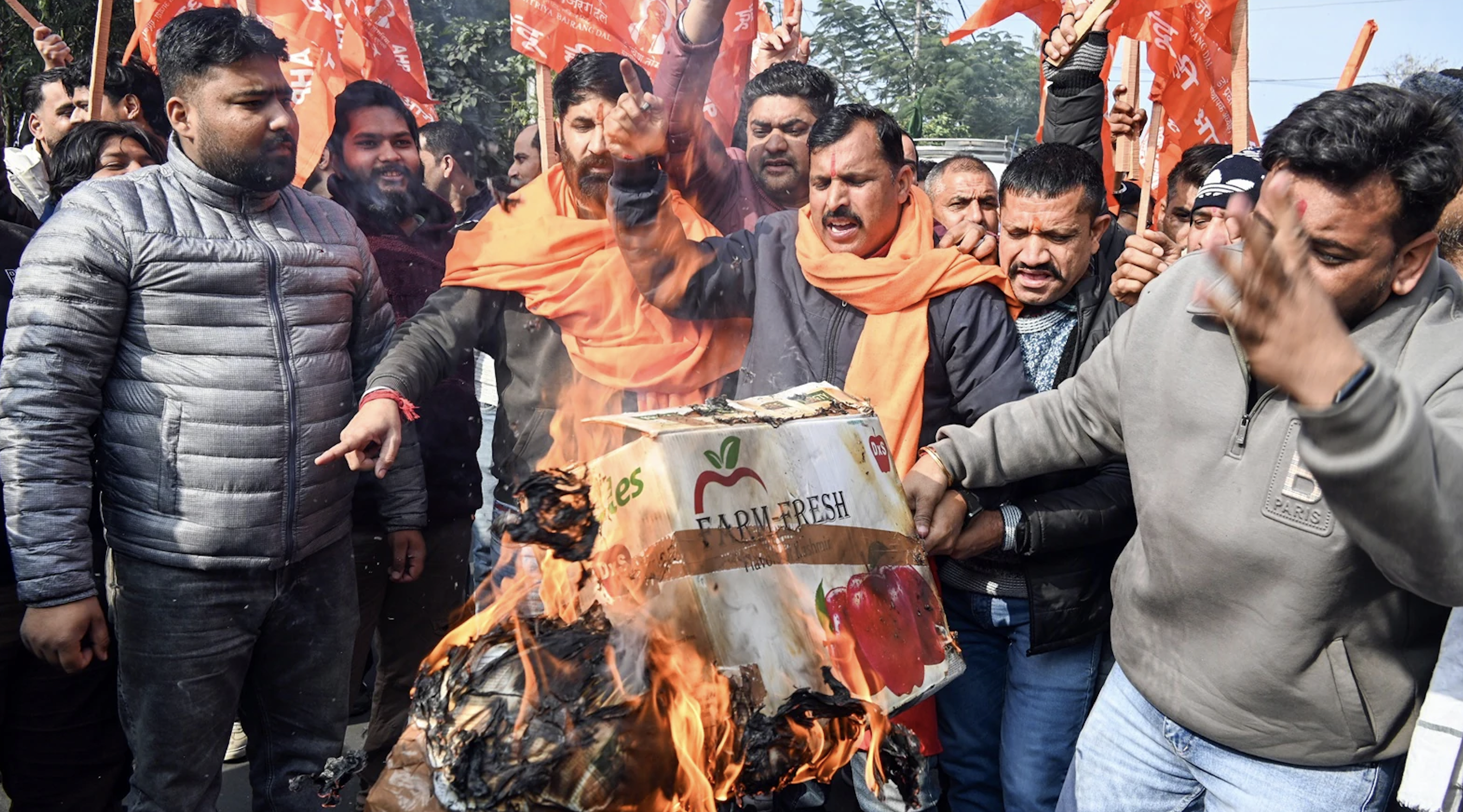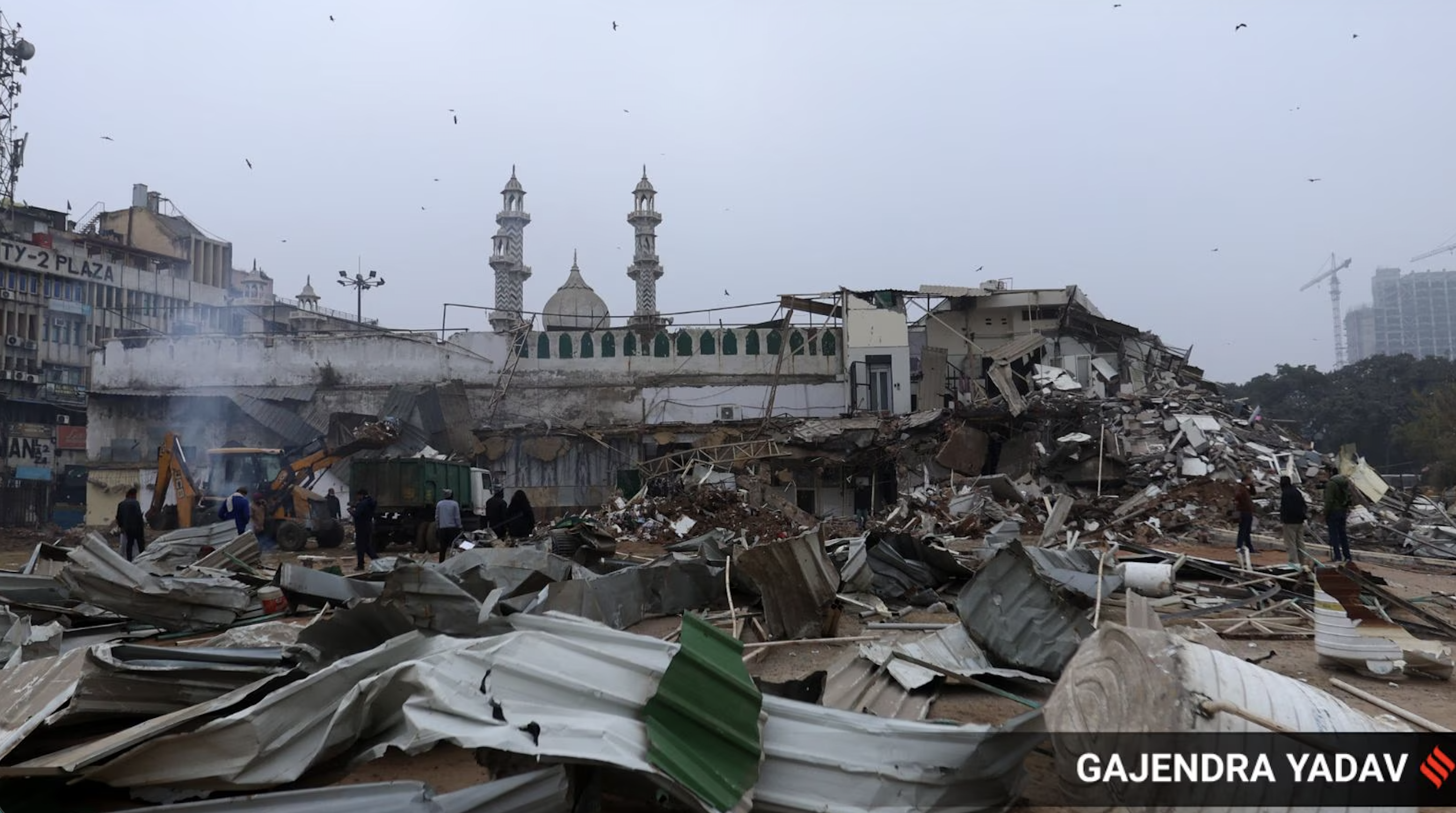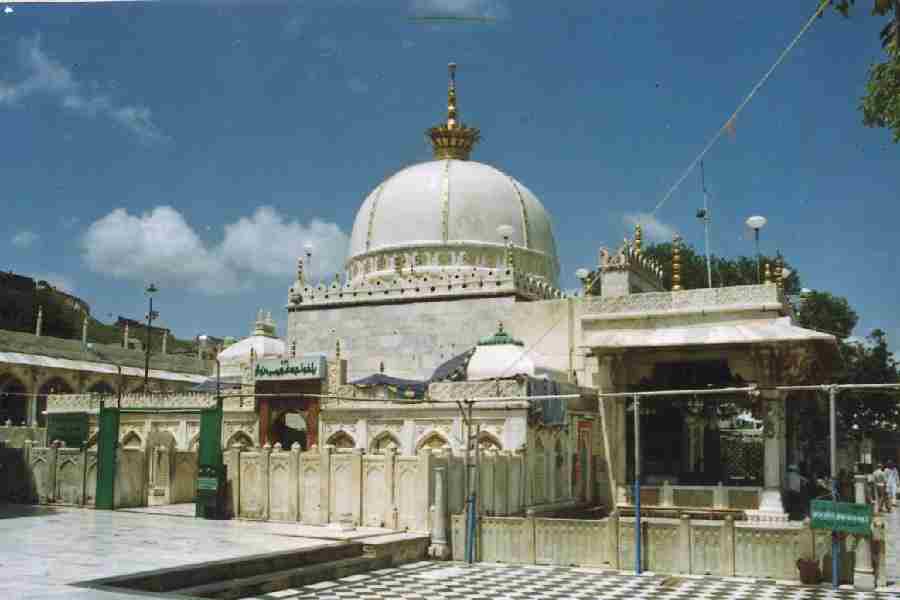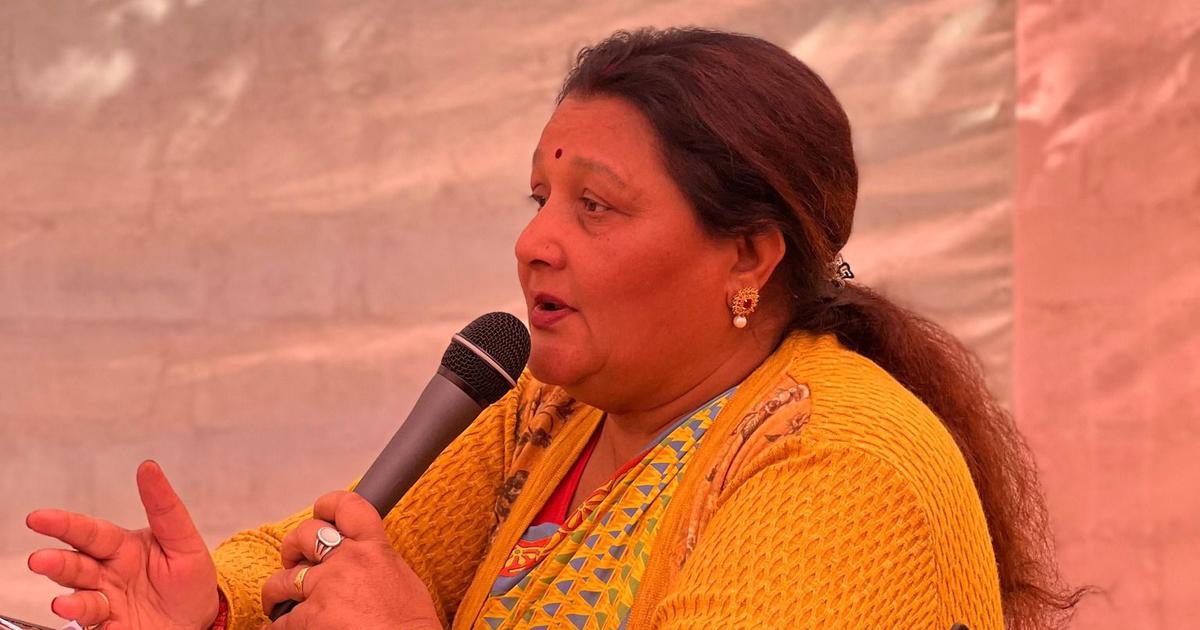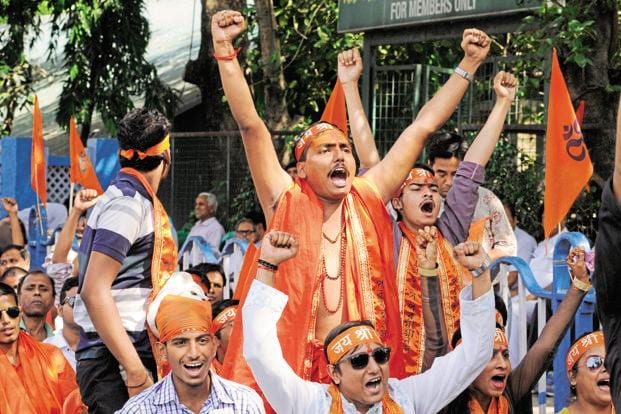
After flags associated with the Bajrang Dal militant group were raised in a Muslim-majority area of Leicester last month, Rajiv Sinha of Hindus for Human Rights UK said the rally likely aimed to intimidate Muslims.
Though some linked it to a Hindu festival, the symbolism and timing – coming around the third anniversary of the 2022 unrest in Leicester – pointed to the presence of Hindutva ideology.
And yet, Britain’s right-wing media and think tanks downplayed the incident, blaming Muslims or depicting it as generic “communal unrest”.
This was not unlike the framing that arose three years ago, after India defeated Pakistan in a cricket match in Dubai on 28 August 2022. These contests often extend beyond sport, fuelling nationalist rhetoric online.
In Leicester, one of England’s most multicultural cities, The Guardian reported that jubilant Indian fans shouted “Pakistan Murdabad” (“death to Pakistan”) on the streets, sparking tensions that escalated into widespread unrest.
Such tensions were not new; disputes over cultural practices and religious events had previously caused friction. Hindu festivals involving loud music during processions, for example, have sometimes clashed with the sensibilities of “conservative Muslims”.
Another flashpoint was the 2018 rejection of a proposal to convert a Leicester warehouse into a Muslim prayer room and education centre. The council cited noise, congestion and parking as central issues. However, the backlash revealed deeper hostilities: nearly 1,500 objections were submitted, many of which contained anti-Muslim rhetoric.
This story was originally published in middleeasteye.net. Read the full story here.


